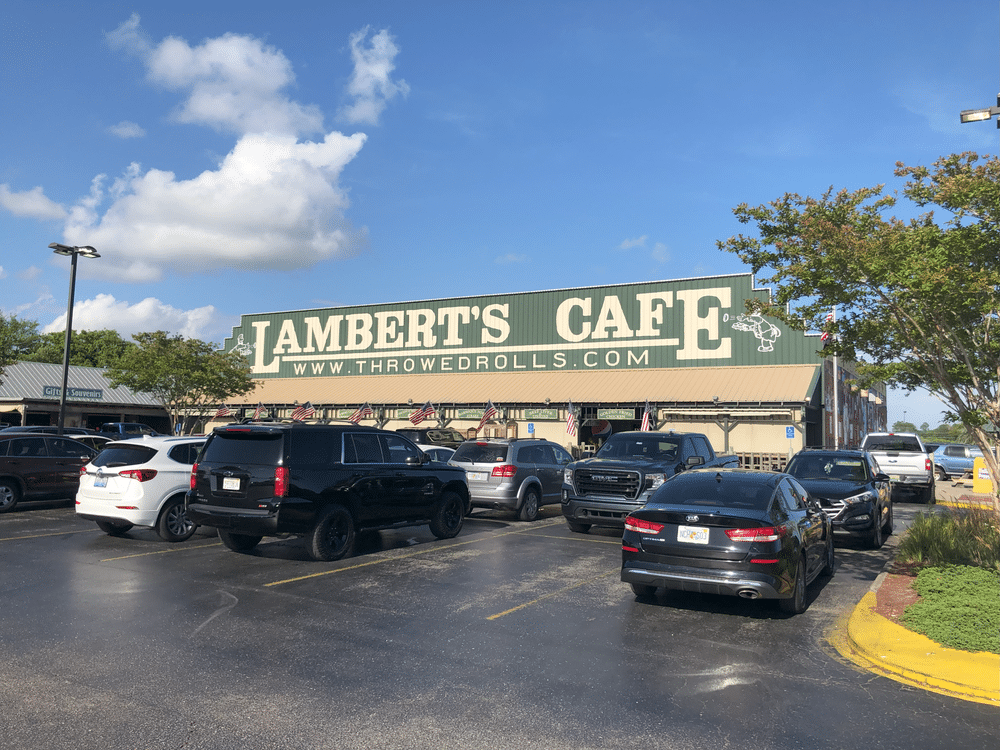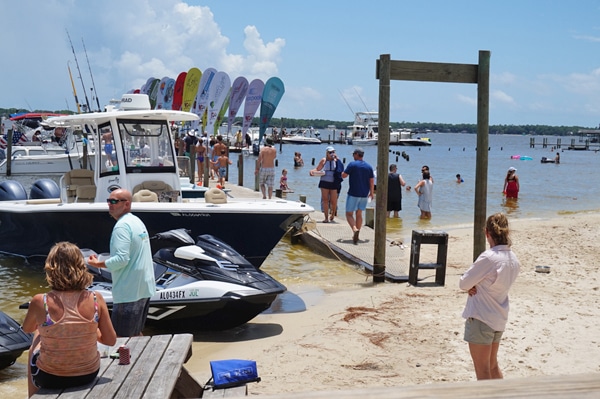Finding reliable and affordable outdoor vehicle storage near you is crucial, whether you own an RV, boat, car, trailer, or specialty vehicle. Whether you're seeking short-term seasonal parking or long-term secure storage, knowing the options available can help protect your investment while freeing up valuable space at home. This guide dives into everything you need to consider when choosing outdoor vehicle storage facilities in your area, highlighting security, convenience, pricing, and specialized services tailored for various vehicle types.
What is Outdoor Vehicle Storage?
Outdoor vehicle storage refers to parking and sheltering vehicles outside of traditional garages or indoor storage units. It typically includes open parking lots, covered parking spaces, carports, sheds, storage buildings, or metal structures designed specifically for vehicle protection. Unlike indoor storage, outdoor storage exposes vehicles to some elements but often compensates with affordability and convenient access.
Outdoor storage solutions are ideal for those lacking sufficient garage or driveway space or needing to store oversized vehicles like RVs, boats, trailers, and farm or construction equipment. While outdoor storage may not offer as much weather protection as fully enclosed facilities, many providers include features such as covered areas, gated access, and surveillance to enhance security and minimize damage risks.
By choosing the right outdoor vehicle storage near you, you benefit from accessible parking, improved security, and peace of mind without the premium cost of indoor storage units.
Types of Outdoor Vehicle Storage Available
When searching for “outdoor vehicle storage near me,” you’ll find a variety of options designed to meet different needs and budgets:
- Open Storage: Basic uncovered parking lots or spaces where vehicles remain exposed to weather. Covered Parking: Carports, sheds, and metal buildings that offer protection from sun, rain, and snow. Storage Buildings & Containers: Larger metal structures or containers that provide partial enclosure and better protection than open areas. Gated vs Non-Gated Storage: Facilities may be within secure gated communities with controlled access or simpler open parking lots. Specialized Storage: RV storage, boat storage, trailer parking, classic car shelters, motorcycle and ATV storage areas designed to fit oversize or specialty vehicles.
Choosing between these depends on your vehicle type, budget, and priority for weather and theft protection.
Covered vs Open Outdoor Storage
When deciding between covered and open outdoor storage, consider the following benefits and drawbacks:
- Covered Storage offers:
- Protection from sun damage, fading, and heat buildup. Shielding against rain, snow, wind, and debris. Some reduction in theft and vandalism risk due to defined structure.
- Lower cost and greater availability of space. Easier vehicle access with fewer restrictions. Lack of overhead coverage can increase exposure to weather and environmental wear.
Ultimately, if you prioritize enhanced protection and velocity of maintenance, covered parking is the smarter choice. However, for budget-conscious or short-term needs, open storage remains a viable solution.
Specialized Storage Options for Different Vehicle Types
Different vehicles have specific requirements when stored outdoors:
- RV and Trailer Storage: Need larger spaces with easy maneuvering room and sometimes electrical hookups. Boat and Marine Storage: Often require proximity to water or marine-grade protection against moisture and corrosion. Classic Cars and Specialty Vehicles: Benefit from covered or enclosed areas to prevent paint damage and retain value. Motorcycles, ATVs, UTVs, and Snowmobiles: May need smaller, secure spots with protection against theft and weather extremes.
Oversized vehicles may also require reserving specialized spaces in secure facilities that accommodate their unique dimensions safely.
Features to Look for in Outdoor Vehicle Storage Facilities
When evaluating outdoor vehicle storage facilities near you, look for these key features that ensure security, convenience, and peace of mind:
- Secure Storage: Gated communities, electronic access codes, and fences limit unauthorized entry. Camera Surveillance: 24/7 video monitoring helps deter theft and vandalism. Access Hours: Facilities offering flexible or 24/7 access provide more convenience for users. Insurance Options: Many providers offer insurance coverage or require proof of insurance to protect stored vehicles. On-Site Staff or Management: Presence of personnel adds an extra layer of security and assistance. Easy Access: Wide driveways and appropriate entry points for large vehicles like RVs and boats.
Checking for these features can help ensure your vehicle remains safe and accessible when stored outdoors.
How to Choose the Best Outdoor Vehicle Storage Near You
Selecting the ideal outdoor vehicle storage involves balancing cost, convenience, and security. Use this checklist to make an informed decision:
- Location: Choose storage close to your home or place of work for easy access. Price: Compare monthly and annual rates for both open and covered options. Vehicle Size Accommodation: Ensure the space fits your vehicle dimensions comfortably. Security Measures: Prioritize gated and surveilled facilities with solid reputations. Rental Terms: Consider flexibility for long-term or short-term storage based on your needs. Reviews and Testimonials: Research customer feedback regarding service, cleanliness, and responsiveness. Availability: Confirm there is available space and the ability to reserve your spot in advance.
Taking time upfront to evaluate these factors prevents headaches later and ensures your vehicle receives the best care.
Pricing and Rental Options for Outdoor Vehicle Storage
Outdoor vehicle storage pricing can vary widely depending on factors such as location, storage type, vehicle size, and rental length:
- Monthly Rates: Typically range from $50 to $300 or more. Open parking tends to be less expensive, while covered or gated storage costs more. Annual Rates: Some facilities offer discounts for long-term leases, making annual payments more economical. Short-Term Rentals: Ideal for seasonal storage or temporary needs with flexible month-to-month contracts. Leasing Options: Longer leases are often available for commercial clients or customers storing large fleets or equipment.
Always ask about hidden fees, deposit requirements, and cancellation policies before committing to a rental agreement.
Benefits of Using Professional Outdoor Vehicle Storage Services
Choosing professional outdoor vehicle storage offers numerous advantages over simply parking your vehicle on your property or street:
- Weather Protection: Even open storage areas provide better drainage, flat surfaces, and some protection from elements compared to roadside parking. Enhanced Security: Facilities employ fencing, gates, patrols, and cameras to reduce the risk of theft and vandalism. Space Optimization: Free up driveway, garage, or yard space at home for daily use. Insurance Benefits: Many insurance companies offer reduced premiums or require off-site storage for certain vehicles. Convenience: Facilities are designed with vehicle access and maneuverability in mind, making retrieval and parking hassle-free.
Professional storage not only safeguards your vehicle but preserves its value and extends lifespan.
Frequently Asked Questions About Outdoor Vehicle Storage
Is outdoor storage safe for my boat or RV?
Yes, when using a reputable facility with secure fencing, surveillance, and covered options, outdoor storage can safely protect boats and RVs from theft and damage.
Can I access my vehicle anytime?
Many modern outdoor storage facilities offer 24/7 access with personalized access codes, but verify hours before renting as some may restrict entry during nighttime.
What security features should I expect?
Expect gated access, security cameras, well-lit parking areas, and sometimes on-site staff or guards to ensure vehicle safety.
Are there size restrictions?
Facilities generally accommodate a wide range of vehicles, but always confirm that your oversized vehicle (e.g., RV, trailer) meets size limits and can be maneuvered safely within the lot.
Is insurance included or required?
Insurance is often required either through your personal policy or via the storage provider’s offer. Check coverage specifics for theft, vandalism, and weather damage.
Can I upgrade to covered storage later?
Many facilities allow switching between open and covered parking spaces depending on availability; inquire about transfer policies.
What happens if my stored vehicle is damaged?
Contact the storage provider immediately. Facilities with insurance or liability coverage often handle damage claims; otherwise, your personal insurance may apply.

How do I reserve a spot for oversized vehicles?
Contact the facility early Titan Storage Titan Storage rv and boat storage Fairhope, AL to confirm dimensions and reserve appropriate space, especially during peak seasons or in high-demand locations.

In conclusion, finding the right outdoor vehicle storage near you in 2025 means considering your vehicle type, security needs, budget, and convenience. Whether you select open parking or invest in covered storage, choosing a trustworthy and well-equipped facility protects your investment from weather, theft, and damage. Start by evaluating local storage providers for features like gated entry, surveillance, flexible rental terms, and insurance options. By doing so, you can confidently secure affordable and accessible storage that keeps your vehicle safe year-round. Contact trusted facilities today to reserve your ideal outdoor vehicle storage space!